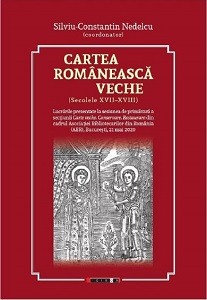MANAGEMENTUL DEZVOLTĂRII COLECȚIILOR ÎN CONTEXTUL NOII LEGI A ACHIZIȚIILOR PUBLICE
MANAGEMENT OF THE DEVELOPMENT OF COLLECTIONS IN THE CONTEXT OF THE NEW LAW ON PUBLIC PROCUREMENT
Author(s): Petruţa – Mihaela Voicu
Subject(s): Museology & Heritage Studies, Library and Information Science, Library operations and management
Published by: Editura Eikon
Keywords: collection management; public procurement; collection development; legislation; libraries;
Summary/Abstract: Through this paper, I’m going to present an overview of the management of collection development in the context of implementing public procurement legislation in the libraries. The approch of this subject from a methodological perspective takes into account the fundamental changes in the way of purchasing publications in libraries, in accordance with the new legislative regulations on procurement and the impact on collections. The collection development as part of the management of collections ensures the coherent and balanced growth of collections, the sustainability of the cultural and educational process as well as the research, the cooperation and sharing of resources at the national and international level. Libraries have proved through their specific functions their role as strategic institutions designed to provide the fundamental cultural landmarks required by a society, with the aim of accumulating, treasuring and enabling the access to the nation cultural heritage consisting first and foremost of different collections and documentary funds as concerns the content and language as well as format and typology. The sociocultural and legislative context and the development of the new information technologies in which libraries operate nowadays is a complex and diversified one. These changes turn the libraries into essential factors in the communities they work with, their specific mission being to provide equal and non-discriminatory access to information and knowledge through the unitary development of document collections, the provision of adequate services and the creation of partnerships and consortia agreements with other info-documentary structures and cultural institutions throughout the country and abroad in order to sustain the academic, scientific and cultural activities.
- Page Range: 179-192
- Page Count: 14
- Publication Year: 2020
- Language: Romanian
- Content File-PDF

